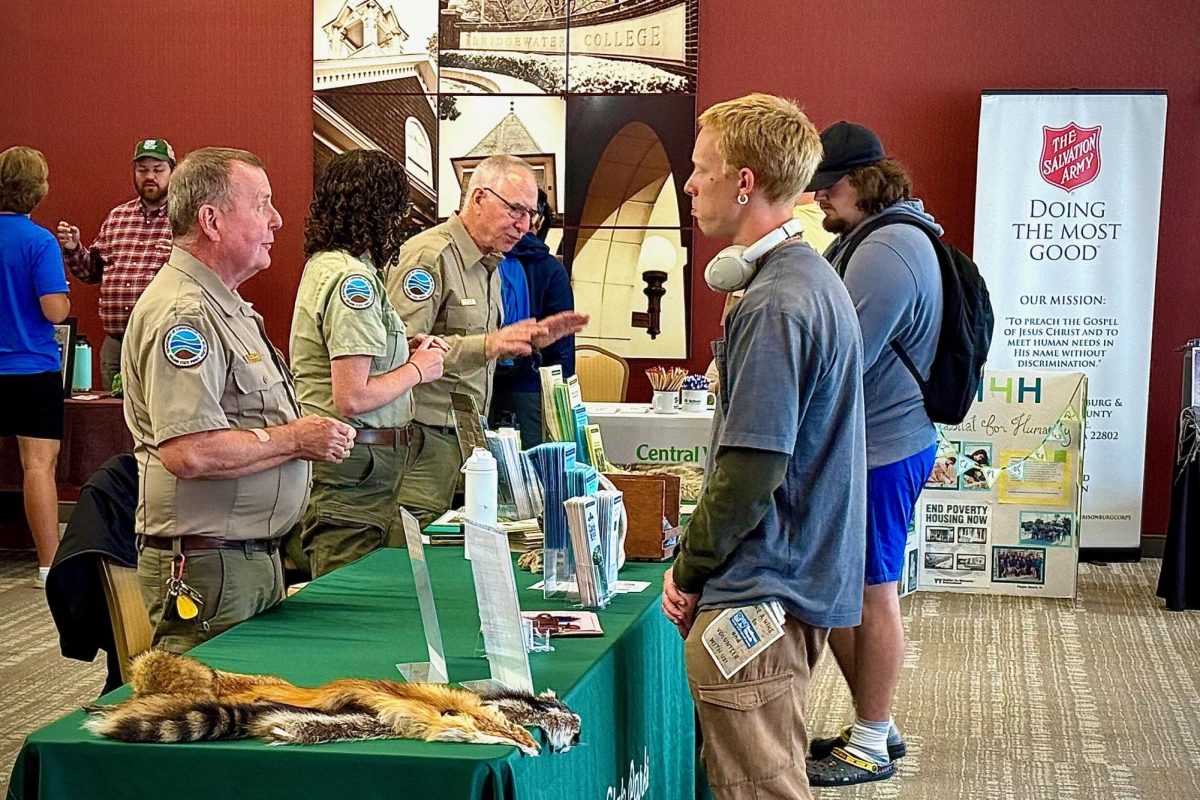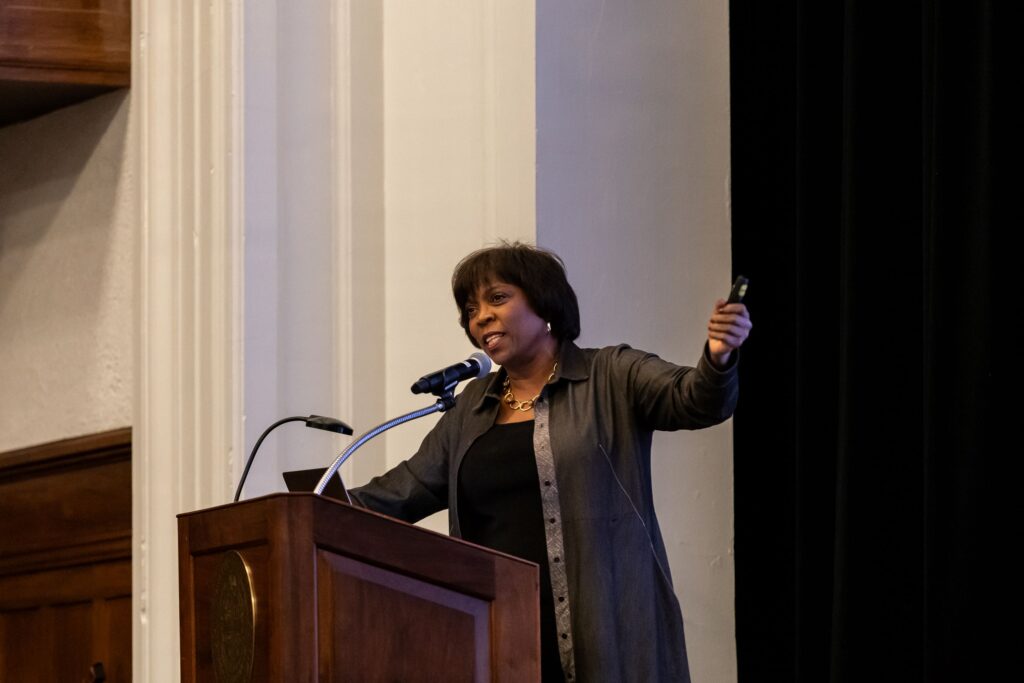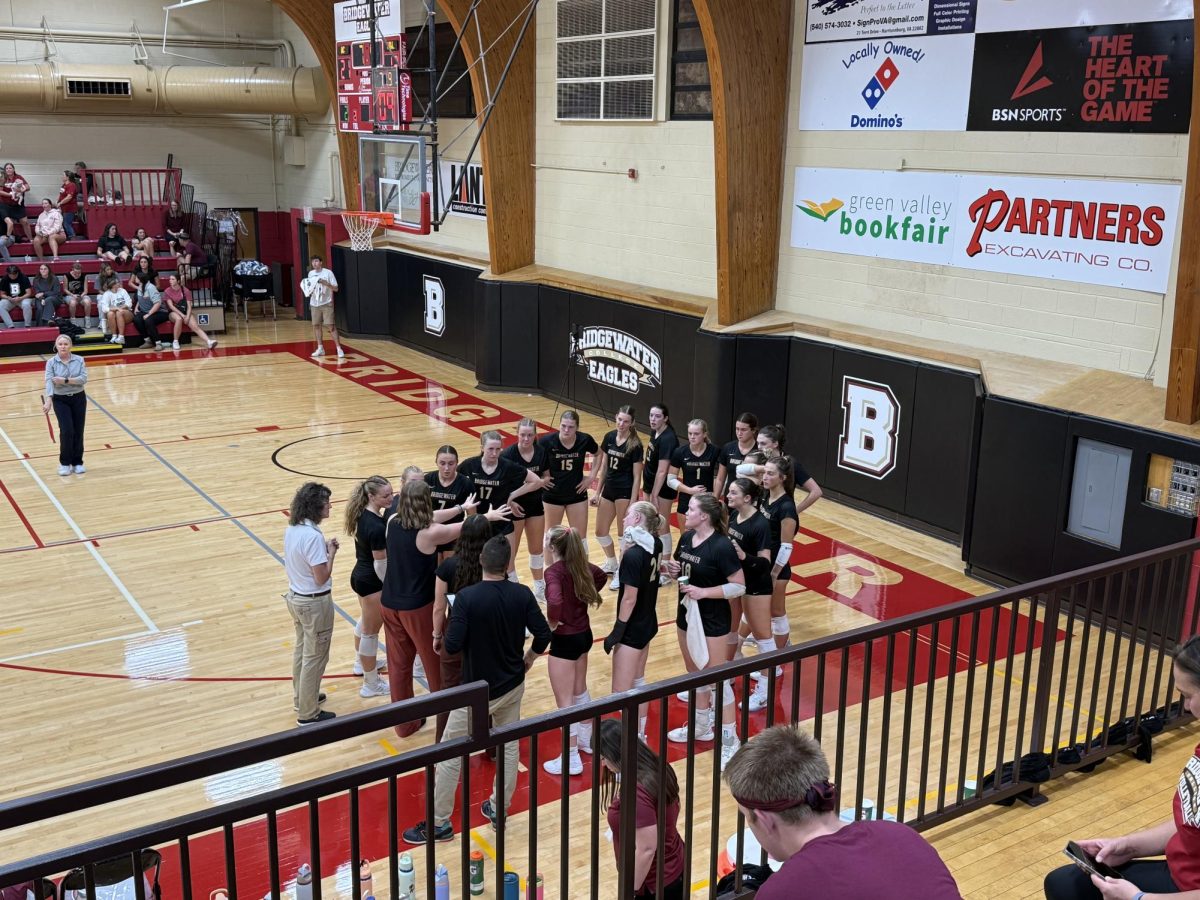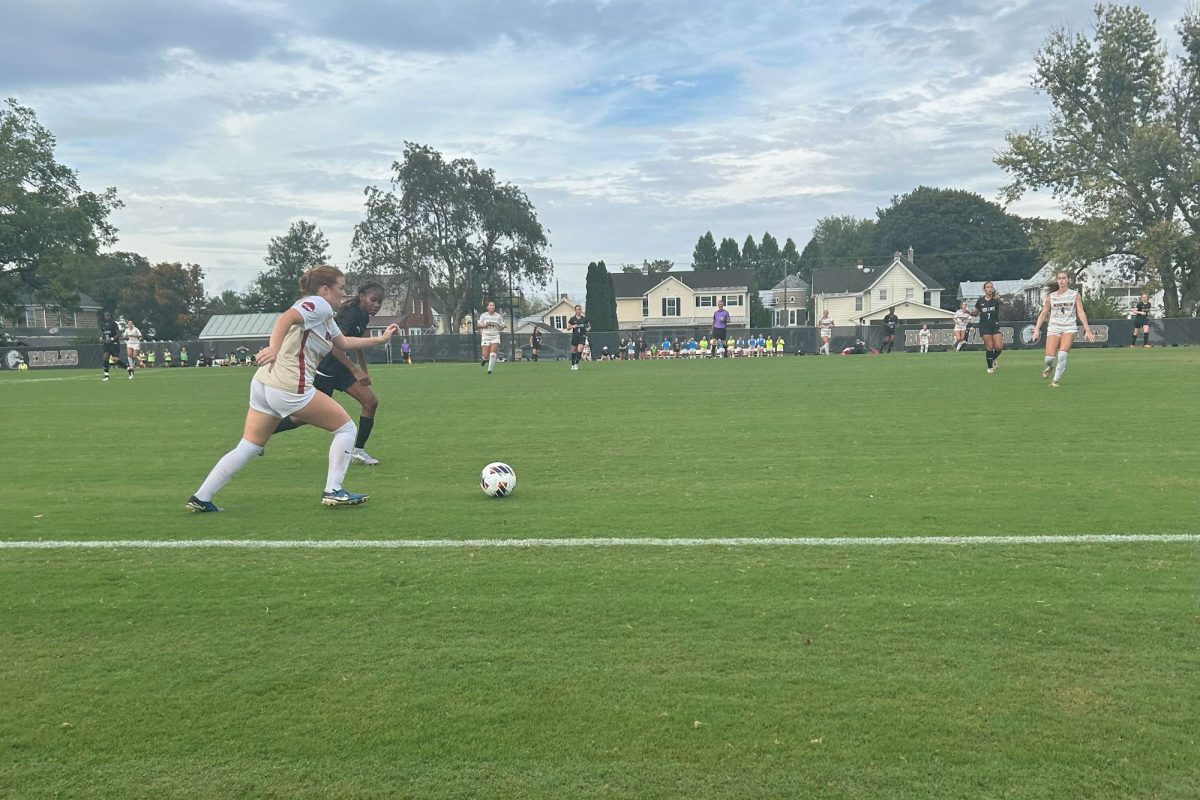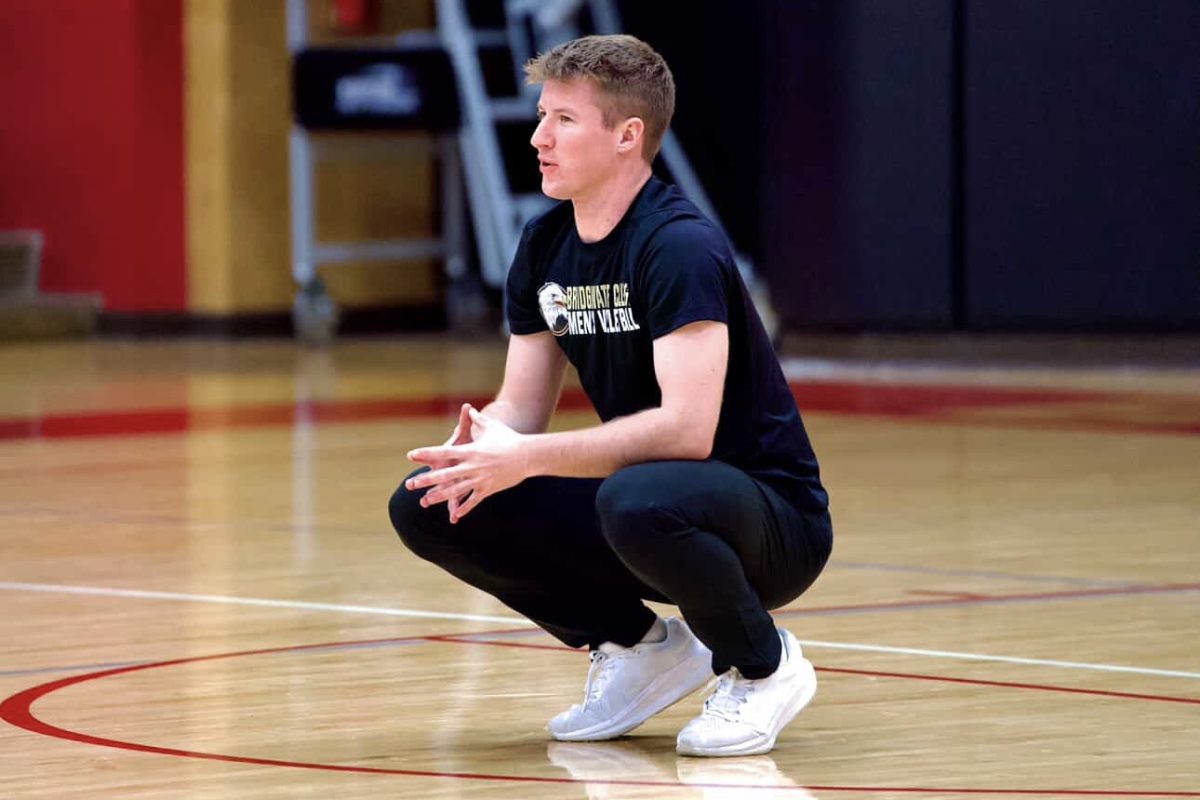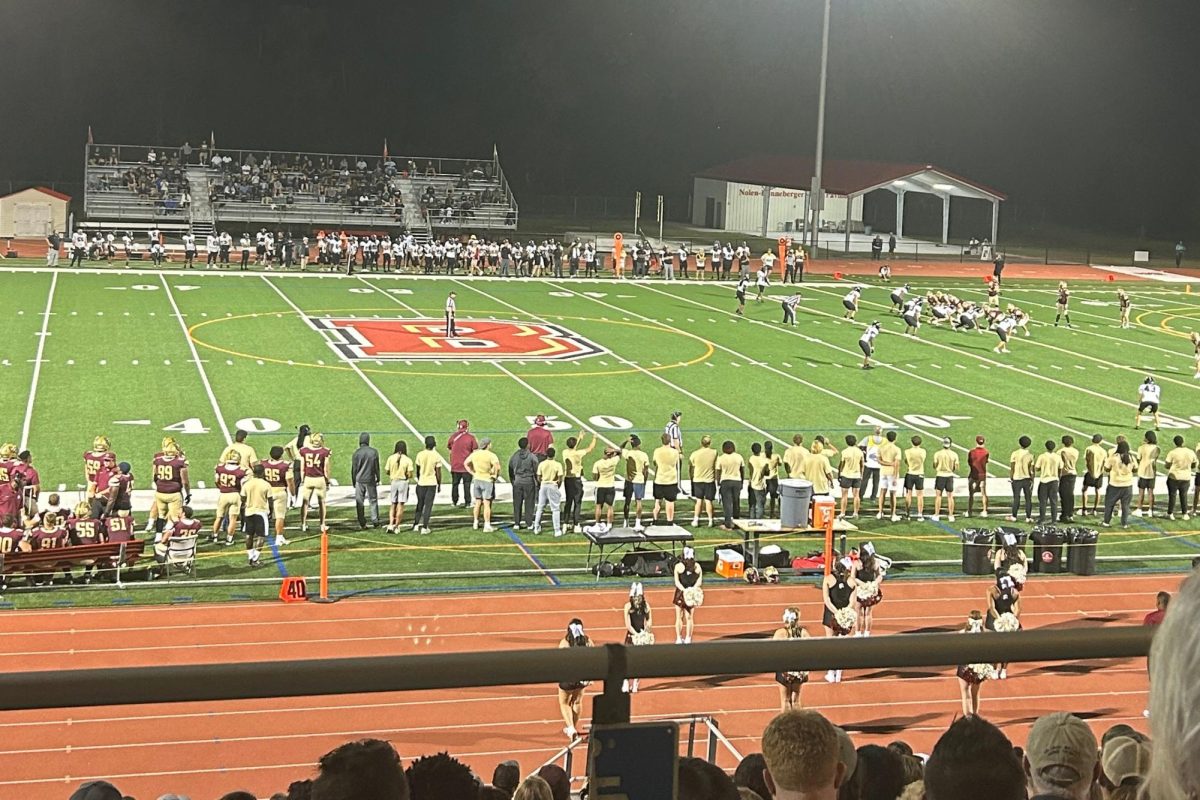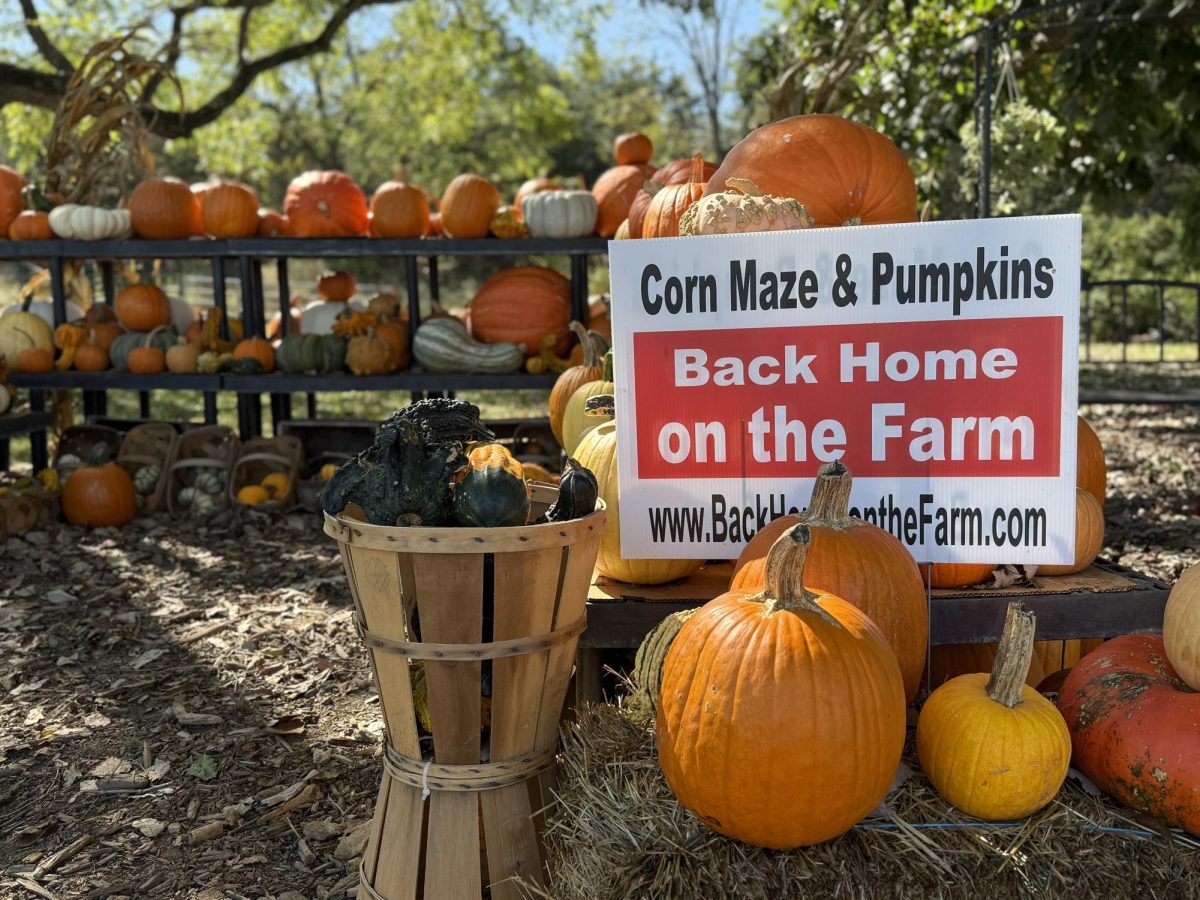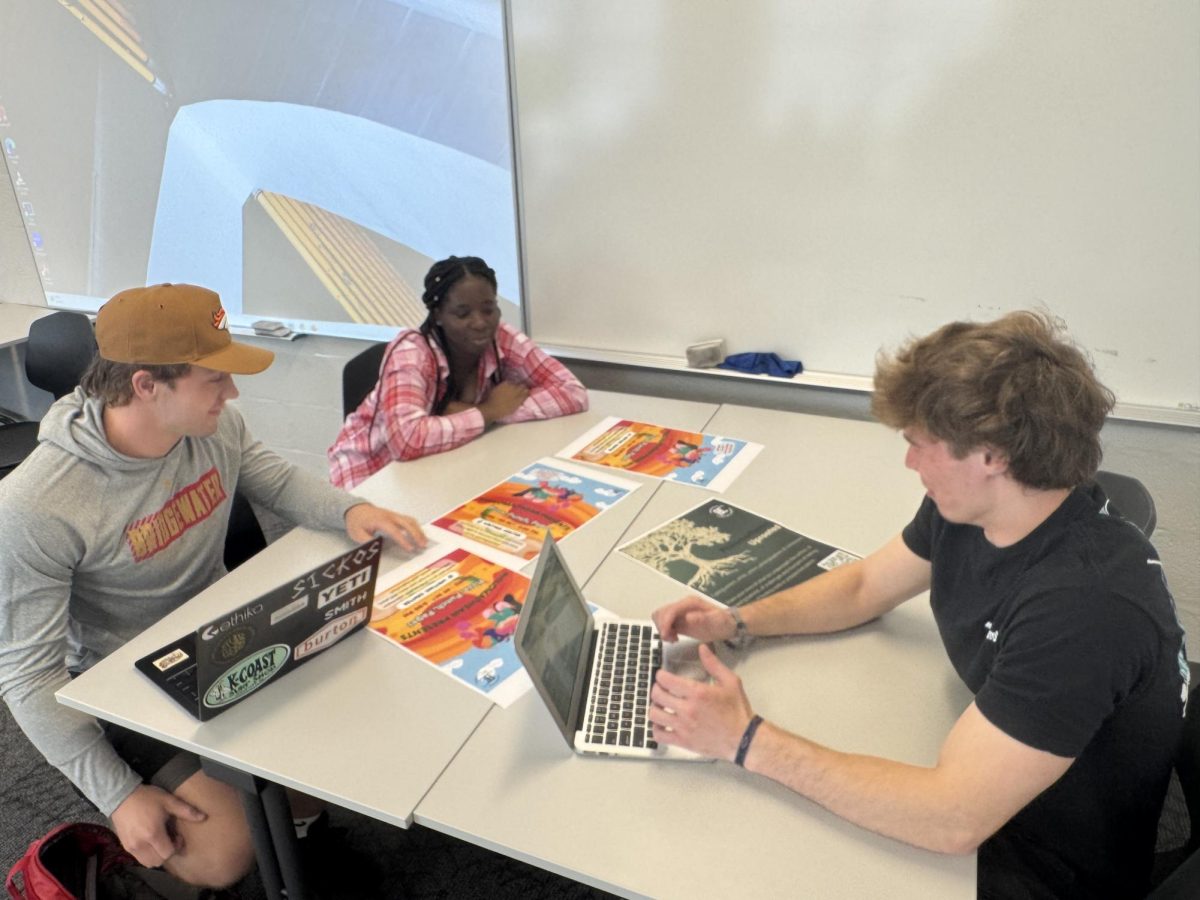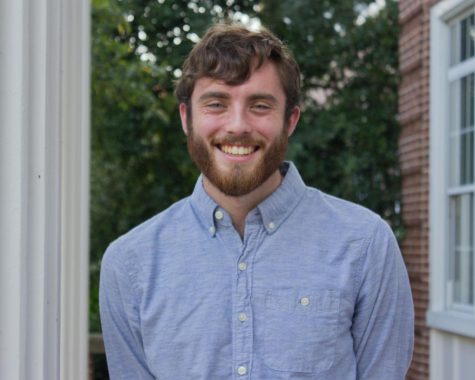Editor’s Note
February 14, 2020
Bridgewater, Va. – Too often, the voices of student-journalists are censored or silenced. Take the case of student-journalist Kate Karstens from 2016 who wrote an article about classmates’ absenteeism that was published, requested to be taken down by the administration and then allowed to be re-published with key information deleted.
This is part of a larger problem as evidenced by the Virginia House of Delegates’ recent approval – and modifications – to the New Voices legislation, also known as House Bill 36, where they eliminated many protections for high school student-journalists.
The New Voices Legislation is a movement, created by student-journalists, to give them protection from censorship, specifically from school administrations. Similar legislation has passed in 14 different states according to the Student Press Law Center.
HB 36 was stripped of all protections regarding both high school students and advisors, yet it left in protections, and clarified existing free press rights, for Virginia’s public college students and their advisors. While a step in the right direction for public college student-journalists, it is not enough for the overall group since high school student-journalists have no protections.
High school student-journalists need to be protected to foster better journalism. It is not enough to teach all aspects of journalism in college, especially as professional news organizations require more experience to land a job.
If there is legislation to protect their freedom, the next generation can grow to become more experienced and knowledgeable journalists as they are able to write stories that are free of bias or that over-promote a school district.
Studies conducted by student-journalists show that publications in states that have passed the New Voices legislation are winning more awards for their student journalism – because their work is protected. These two aspects are correlated because school districts in states that have not passed the New Voices legislation can censor, and thus control, content whereas districts that are in states with the law in place cannot censor.
Journalism is a field that is becoming increasingly distrusted due to public perception and an emphasis on publishing stories fast and first, with what can sometimes be a lack of regard to whether they are factually sound or not.
A Gallup poll released in September of 2019 found that only 41% of respondents had a “great deal” or “fair amount” of trust in newspapers, television, and radio to accurately report the news.
This mistrust could cause a lack of interest or enthusiasm in the profession of journalism altogether. Even worse, creating no protections for high school student-journalists could create a larger decline in an already declining field.
Journalism, even in high school, matters because having both the ability to be, and the act of being informed, matters. There is so much access to information, which means someone must be ready to provide truthful accounts of it.
Too often, society sees telling the factual truth as biased or harmful. And in some cases, it can be.
Yet as long as journalism is done properly – like Kartsen’s story on absenteeism was – then it should be seen as an example of what good reporting is, and should be hope for the future that a declining field can start to trend upward again.
The House of Delegates should pass the New Voices legislation, not only to preserve the foundation of journalism, but also to protect a new generation of voices.

